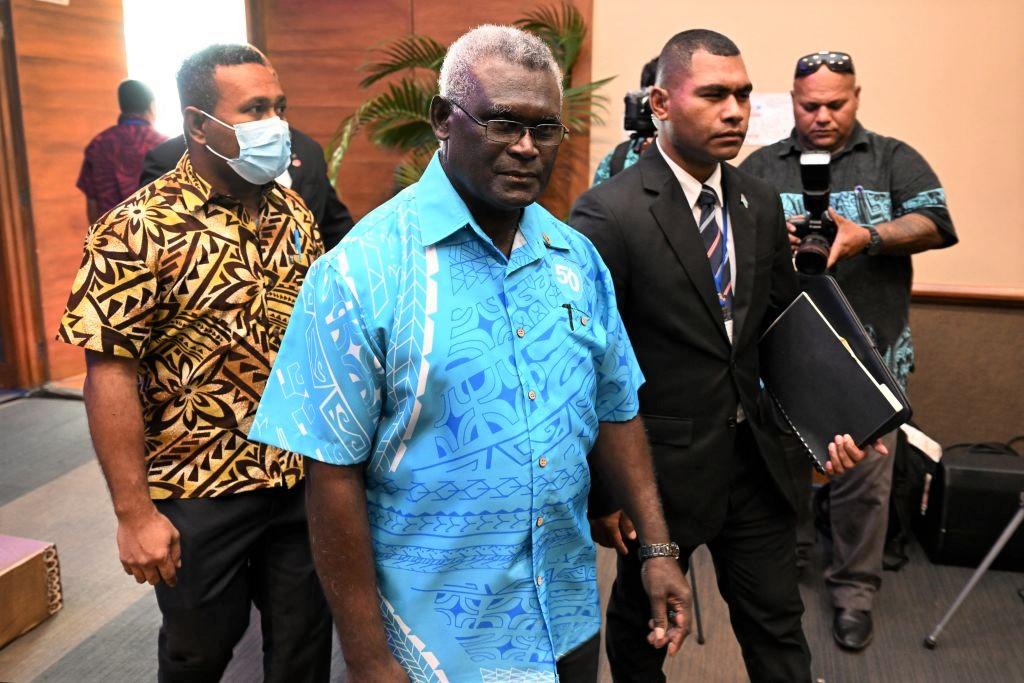Prime Minister Manasseh Sogavare has ordered the national broadcaster of the Solomon Islands to cease broadcasting content critical of his government.
The move crystallises ongoing warnings that corrupt Pacific leaders will—with the backing of Beijing—steadily erode their country’s democratic institutions in a bid to stay in power.





